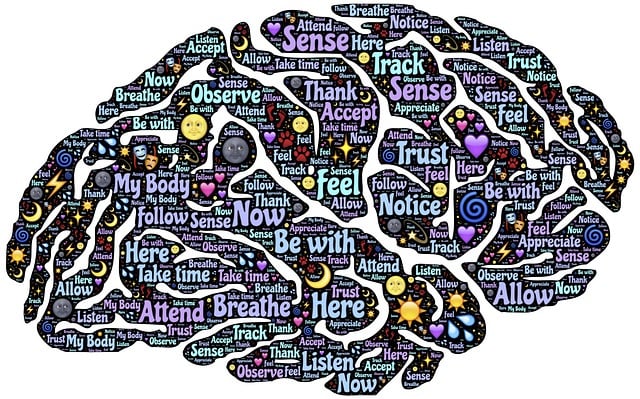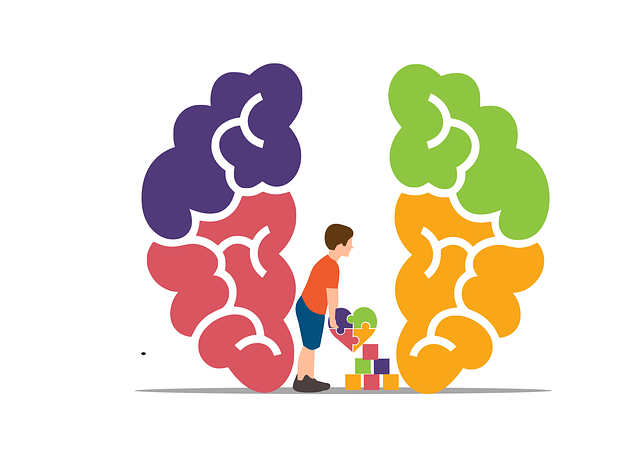Substance abuse management necessitates comprehensive strategies addressing biological, psychological, and social factors. Parker Independent Medical Evaluations (PIME) provide crucial assessments guiding personalized therapy plans that integrate self-esteem improvement and empathy-building techniques. These evidence-based interventions enhance mental health awareness, empower individuals with healthier coping mechanisms, and build resilience against future risks, revolutionizing prevention and treatment through targeted approaches. Regular PIME follow-ups, Self-Esteem Improvement, and cultural competency training for healthcare providers further support long-term recovery.
Substance abuse poses significant risks, impacting individuals’ physical and mental health. This article delves into comprehensive strategies to mitigate these dangers. We explore the foundational step of understanding substance abuse and its associated hazards. Furthermore, we emphasize the critical role of Parker Independent Medical Evaluations in accurate risk assessment, guiding personalized therapy approaches.
Next, we discuss therapeutic interventions tailored for effective risk reduction. Finally, long-term strategies for sustained recovery are implemented, ensuring a holistic approach to preventing relapse. Key focus areas include evidence-based therapy and the integration of Parker Independent Medical Evaluations for optimal patient outcomes.
- Understanding Substance Abuse and Its Risks
- The Role of Parker Independent Medical Evaluations in Risk Assessment
- Therapy Approaches for Effective Risk Mitigation
- Implementing Long-term Strategies for Sustained Recovery
Understanding Substance Abuse and Its Risks

Substance abuse refers to the harmful use of drugs or alcohol, leading to a range of negative consequences for individuals and society. It’s crucial to understand that this isn’t just a personal choice but a complex issue rooted in various factors, including biological, psychological, and social influences. Risk reduction strategies are essential to address substance abuse effectively.
Parker Independent Medical Evaluations (PIME) play a vital role in this process by providing comprehensive assessments to identify underlying issues and guide personalized treatment plans. Therapy, coupled with Self-Esteem Improvement and Empathy Building Strategies, offers powerful tools to enhance Mental Health Awareness and foster positive change. By targeting the root causes of substance abuse, these approaches help individuals develop healthier coping mechanisms and build resilience against future risks.
The Role of Parker Independent Medical Evaluations in Risk Assessment

Parker Independent Medical Evaluations (PIME) play a pivotal role in assessing risks associated with substance abuse and guiding individuals toward recovery. These comprehensive evaluations, conducted by qualified healthcare professionals, offer an unbiased perspective on a person’s physical and mental health status. By integrating medical expertise with specialized knowledge of addiction, PIME can identify hidden factors contributing to substance misuse.
This assessment is crucial for tailoring therapy plans, especially when combined with Mental Wellness Coaching Programs and Crisis Intervention Guidance. The evaluation helps in developing personalized strategies that address not just the abuse but also underlying issues like low self-esteem (a common barrier to recovery), ensuring a holistic approach to treatment. PIME’s role extends beyond risk assessment; it facilitates informed decision-making, enhancing the effectiveness of Self-Esteem Improvement initiatives within the therapy framework.
Therapy Approaches for Effective Risk Mitigation

Substance abuse is a complex issue that often requires a multifaceted approach to effectively mitigate risks and foster recovery. One powerful tool in this arsenal is therapy, specifically Parker Independent Medical Evaluations (PIME) Therapy. This evidence-based practice offers individuals a safe space to explore underlying issues contributing to substance misuse. PIME therapists employ various techniques tailored to each client’s unique needs, focusing on both the physical and psychological aspects of addiction.
By integrating Self-Care Practices into therapy sessions, PIME helps individuals develop coping mechanisms and build resilience against cravings and triggers. Moreover, addressing Mental Illness Stigma Reduction Efforts within therapy creates an environment of understanding and support, encouraging clients to openly discuss their struggles without fear of judgment. Empathy Building Strategies are also integral to this process, fostering connections between clients and therapists, which can significantly enhance treatment outcomes and overall well-being.
Implementing Long-term Strategies for Sustained Recovery

For lasting substance abuse recovery, implementing long-term strategies is essential. Beyond initial treatment, ongoing support and proactive measures are crucial to prevent relapse. One effective approach involves regular Parker Independent Medical Evaluations (PIMEs), which provide objective assessments of an individual’s progress and identify any potential risks or triggers. These evaluations allow for tailored adjustments in therapy plans, ensuring a personalized path to recovery.
Additionally, integrating Self-Esteem Improvement techniques and fostering Positive Thinking can significantly contribute to sustained sobriety. Healthcare Provider Cultural Competency Training is another vital component, as it promotes understanding and empathy among care providers, leading to more effective support for diverse patient populations. By combining these long-term strategies, individuals on their recovery journey can build resilience, maintain focus, and embrace a healthier, fulfilling life.
Substance abuse poses significant risks, but with a multi-faceted approach, these can be effectively mitigated. Understanding the problem is the first step, followed by utilizing tools like Parker Independent Medical Evaluations for comprehensive risk assessment. Therapy plays a crucial role in addressing underlying issues and modifying behaviors, while long-term strategies ensure sustained recovery. Integrating these elements—including evidence-based therapy and ongoing support—can lead to successful management and improved quality of life for those struggling with substance abuse.














